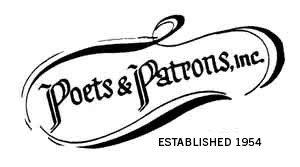For years he [the Nantucketer] knows not the land; so that when he comes to it at last,
it smells like another world, more strangely than the moon would be to an Earthsman.
Herman Melville, Moby Dick, Chapter 14
Moon dust has no salty scent,
no fishy smell, no reminder
of brine or earthly shoreline.
It does not smell like Kansas soil
awakening in spring,
or windblown Sahara sand.
Moon dust, the dust of broken molecules
smashed by eons of meteorite collisions
left with unsatisfied electron bonds
seeking partners, has no smell at all
when left in place as it was
for billions of years, dry and destitute,
but comes alive when touched by moisture
in a lunar lander or the mucus membrane
of an astronaut’s nose.
It smells something like fireplace ashes
sprinkled with water or the Indianapolis 500,
something like spent gunpowder
but unlike the smell of land or sea
on earth, our home. We only know
from the word of astronauts
who kicked up dust, who picked up dust
on space suits, helmets and boots,
who bottled dust and brought it back
to answer questions of the curious,
their fellow sailors on this little speck
in the vast sea of space.
~ Wilda Morris
[Originally published in Journal of Modern Poetry]
